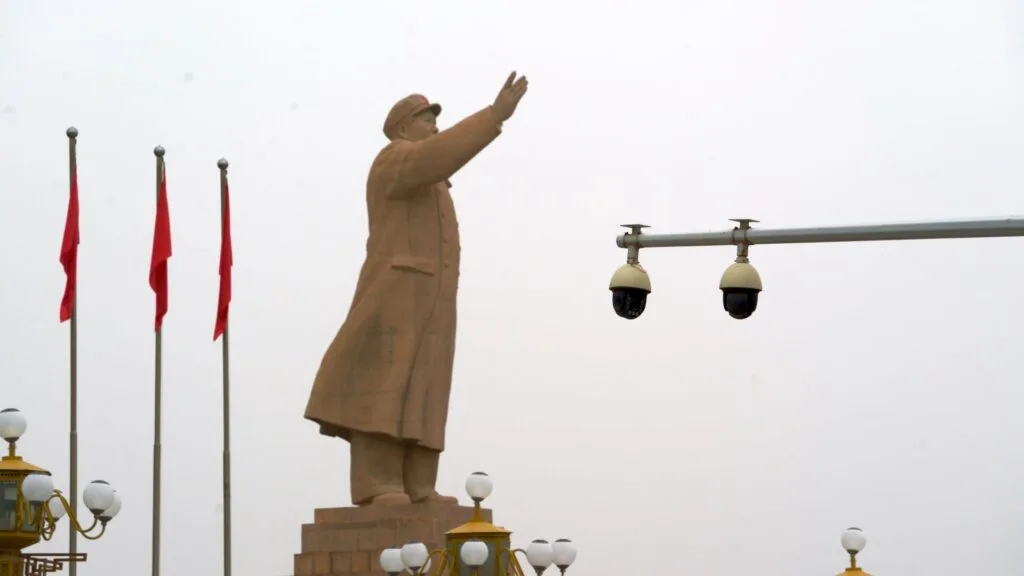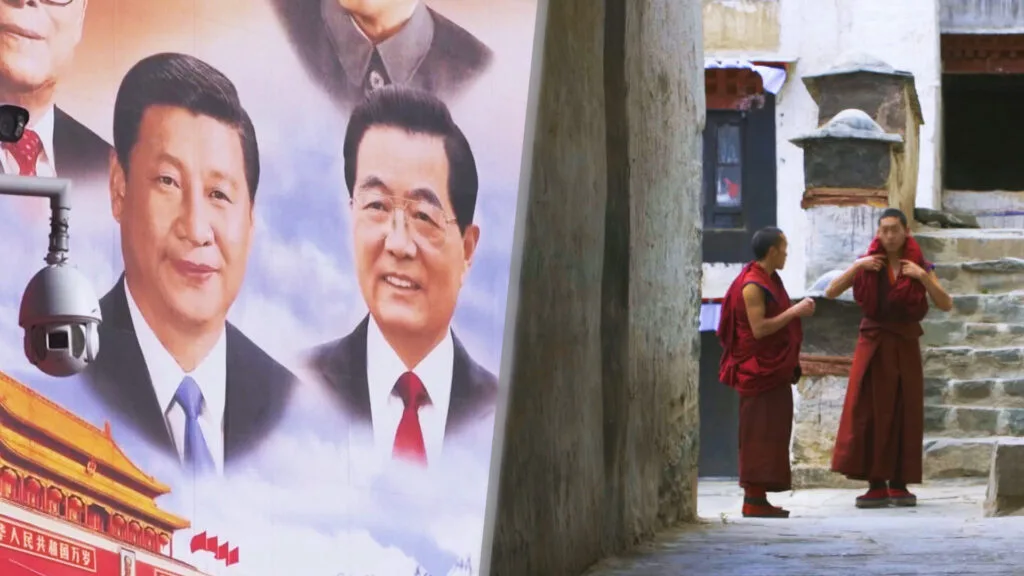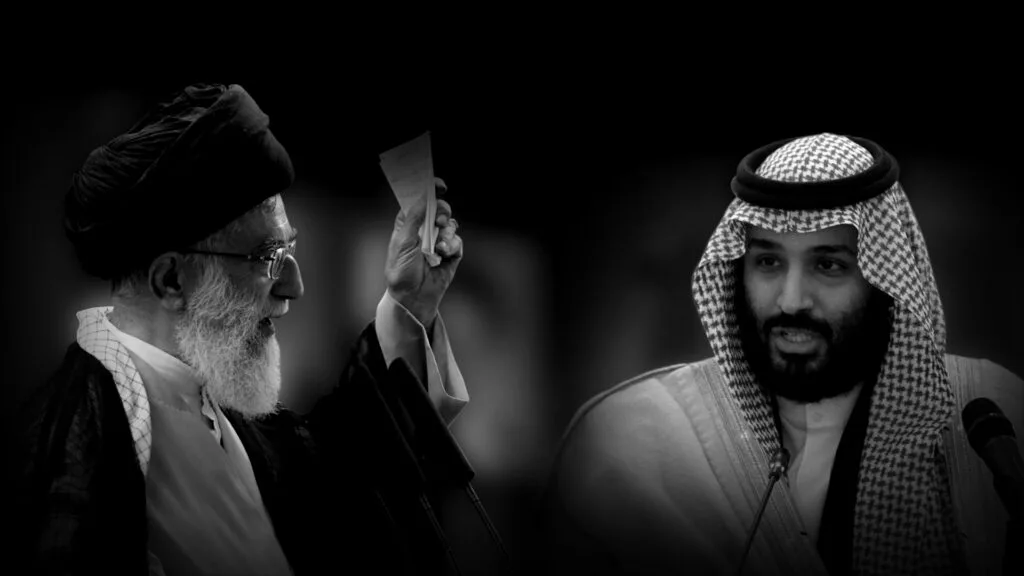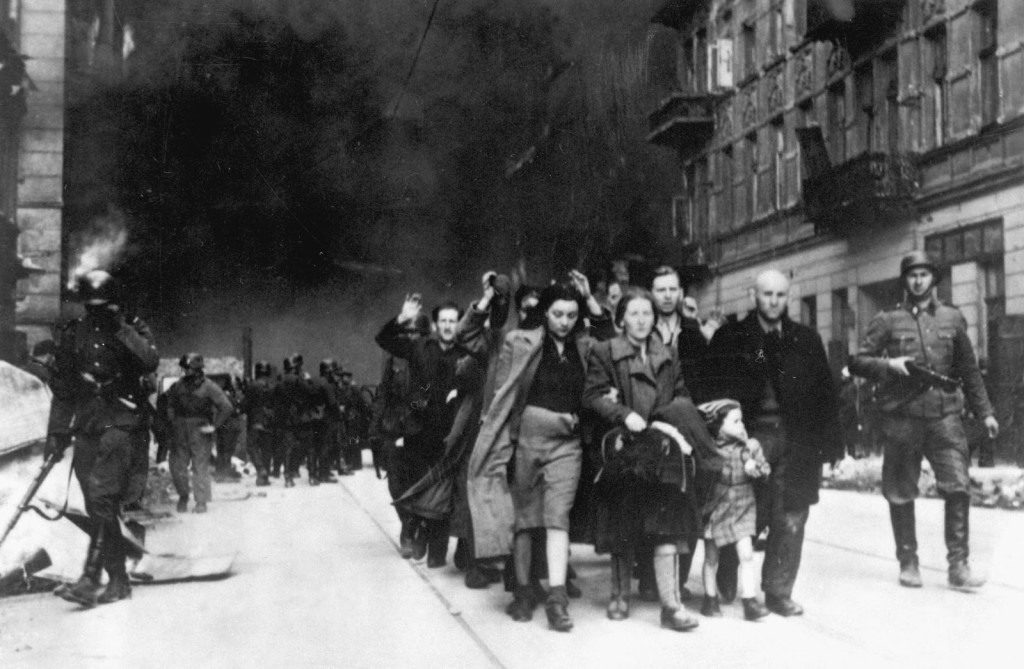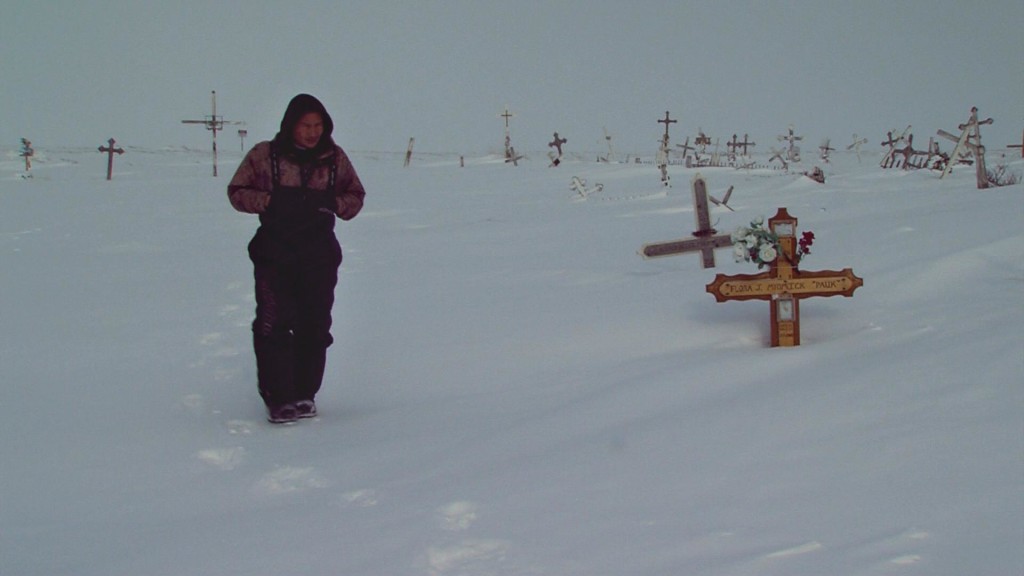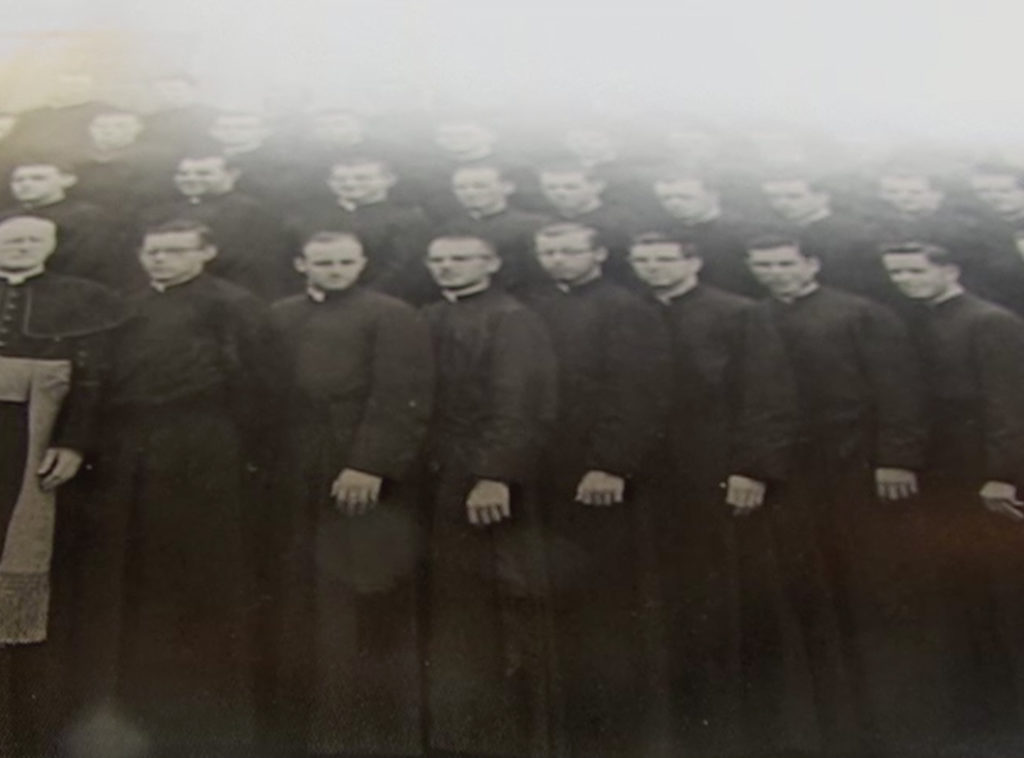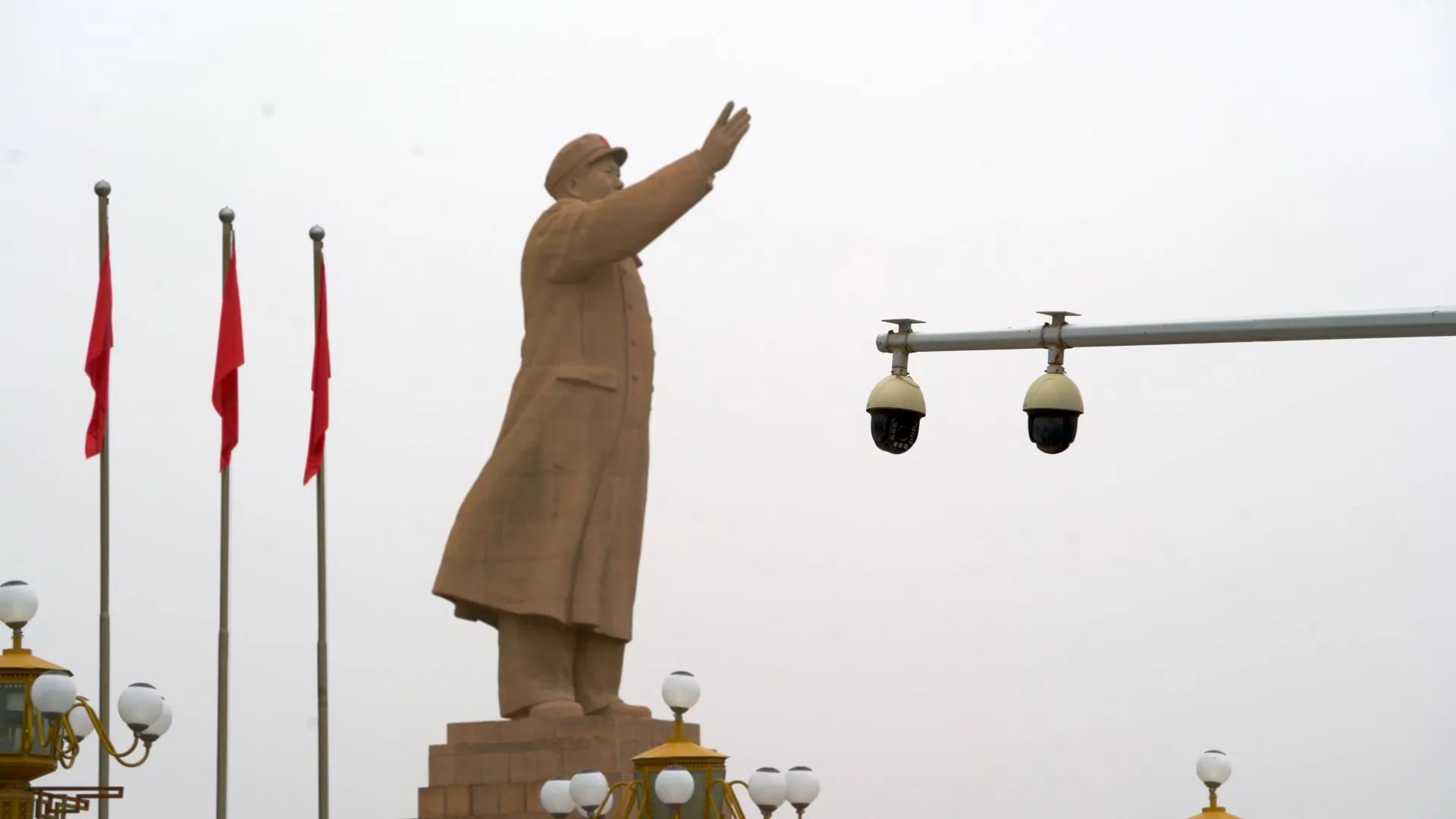Muslims Held in China’s Detention Camps Speak Out
April 7, 2020
Share
Rahima’s nightmare began when she says Chinese officials learned that she had WhatsApp, a messaging service that’s effectively banned in the country, on her phone.
Soon, the mother of four would become one of an estimated two million Muslims detained without trial by China’s government over the past three years, in what has been described as the largest mass incarceration of an ethnic group since the Holocaust.
“You were like a zombie in the camp, like someone who had lost their mind,” Rahima tells FRONTLINE in the above clip. “You just think about being released and dream of that moment.”
Rahima is one of two former detainees who share their stories in China Undercover, a FRONTLINE documentary that investigates the Chinese Communist regime’s mass imprisonment and surveillance of Uyghurs and other Muslims.
Like Rahima, Gulzira is a Kazakh Muslim who was detained in China’s Xinjiang region. Of life inside the camps, she remembers being surrounded by bars and mesh wire, cameras everywhere, and brutal treatment.
Twice, she says, she was made to sit on a hard chair for 24 hours. She went to the bathroom where she sat.
And “if you exceeded two minutes in the toilet, they hit our heads with an electric prod,” Gulzira tells FRONTLINE.
The two women’s accounts offer a rare firsthand glimpse of life for Muslims caught in China’s crackdown. The country’s government has publicly portrayed the camps as “vocational education and training centers,” but classified Chinese government documents obtained by the International Consortium of Investigative Journalists depict them as involuntary indoctrination centers with high watchtowers, constant camera surveillance, harsh punishments and dedicated police bases to prevent escapes.
That’s in keeping with Rahima and Gulzira’s accounts. “They beat us, hit us and shouted at us,” Rahima says, adding that some people being held at the camps killed themselves.
Ultimately, Rahima would be detained for 12 months, and Gulzira for 17.
China’s government says that “requirements on respecting and safeguarding human rights are strictly followed, the dignity of the trainees are fully respected, and insults and cruelties of any form are strictly prohibited” — and that it has now released everyone being detained in the camps.
But as China Undercover explores, family members of those believed to have been held in the detention camps are still waiting to be reunited with their loved ones. And the crackdown on China’s Muslim population, which has also involved the use and testing of sophisticated surveillance and artificial intelligence technologies, could have ripple effects far beyond Xinjiang.
“What we’re seeing is the early stages of a new form of governance controlled through advanced predictive algorithmic surveillance,” cyber security researcher Greg Walton says in the documentary. “Those systems will be exported and that would be a massive set back to the cause of human freedom to liberal democracy around the world.”
For the full story, watch China Undercover:
Produced by Robin Barnwell and Gesbeen Mohammad and directed by Barnwell, the film draws on undercover footage and firsthand accounts to offer an eye-opening look at what’s been happening to Uyghur and other Muslims inside China’s tightly-guarded Xinjiang region.
China Undercover premiered Tues., April 7. It is now available to watch on FRONTLINE’s site, in the PBS Video App and on YouTube.
Updates: This story was updated to include an embed of the full documentary, once it became available to stream online. Additionally, an earlier version of this story incorrectly said that Gulzira recalled being surrounded by mesh and barbed wire, instead of bars and mesh wire.

Related Documentaries
Latest Documentaries
Related Stories
Related Stories
Explore
Policies
Teacher Center
Funding for FRONTLINE is provided through the support of PBS viewers and by the Corporation for Public Broadcasting, with major support from Ford Foundation. Additional funding is provided the Abrams Foundation, Park Foundation, John D. and Catherine T. MacArthur Foundation, Heising-Simons Foundation, and the FRONTLINE Trust, with major support from Jon and Jo Ann Hagler on behalf of the Jon L. Hagler Foundation, and additional support from Koo and Patricia Yuen. FRONTLINE is a registered trademark of WGBH Educational Foundation. Web Site Copyright ©1995-2025 WGBH Educational Foundation. PBS is a 501(c)(3) not-for-profit organization.
